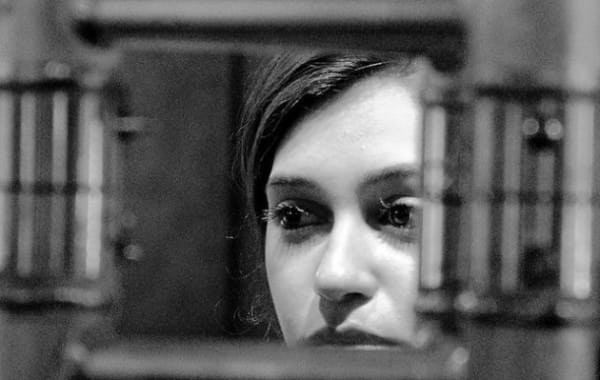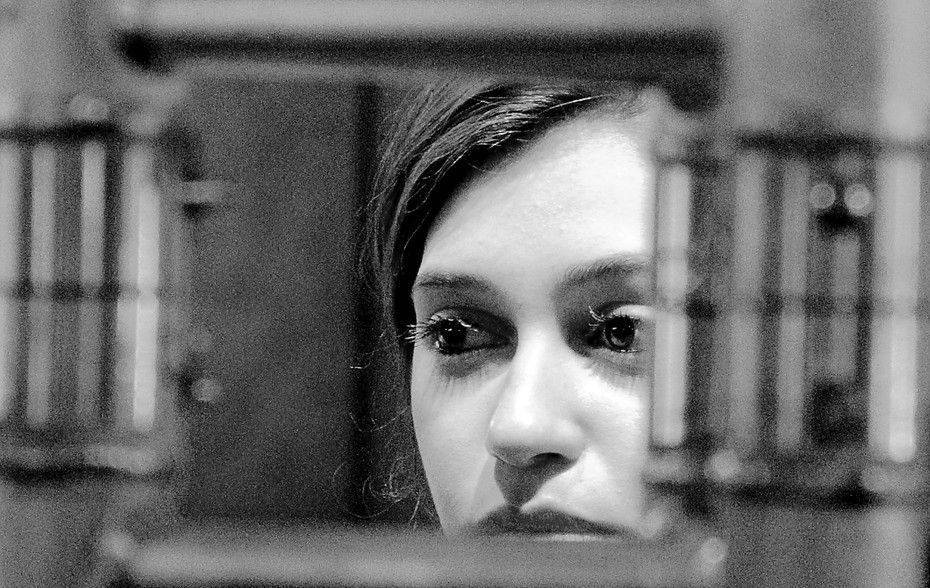A web documentary that redefines the sense and concept of narration.
“Prison Valley” a web documentary by David Dufresne & Philippe Brault started in 2008. As the web-claim says “it is both a photo/video/literary investigation and something completely new”.
Narration has naturally to do with time. Dividing time into small parts and creating episodes or chapters is basically a primary structure of narration. Probably the Iliad was narrated day after day, thus creating attention and expectations for “what’s happening next.” If we think about the first stories we heard we all recall our mother or father telling us “we will continue it tomorrow.” So we were spending our nights waiting to discover what was going to happen to Pinocchio or whoever else. Some of the greatest novels of the XIX century were published in installments on newspapers. So we are used to a day-after-day narrative style. Even if we read a classical book of around three hundred pages, it is very difficult that we read it in one single breath, over one day, as the sun shines between darkness to darkness. Normally we divide it in more days, stopping at the beginning of new chapters or creating our own chapters when the authors decided not to make use of any partition.
So, what – in my opinion – is a little uncomfortable and thrilling in web narration is that everything happens (or could happen) at the same time. Everything is here and now. Contemporary and simultaneity are the core of the web. Of course not all web narrations (web series, cross-media documentaries, investigative projects, etc.) are compelling (but this also happens to a classical narration). Now, try to have a look at http://prisonvalley.arte.tv and you will get into an intense narration. The concept is easy to tell. In the USA there is a valley with 13 prisons and around 36.000 inhabitants. Trying to describe what goes on in that valley has a strong relationship to our western city life: how could we be safe? Where does evil go, when it is removed from our gaze? Do we really want to have evil people back into the picture of our ordinary life? What is social redemption? These are the basic questions that “Prison Valley” raises. Just like a very good documentary it goes into the life of criminals, social workers, warders and common inhabitants of the prison valley. You get deep into prison system with stats, interviews, private lives. You are moved by the drama and compelled by the research. But “Prison valley” uses also the “here and now style” of the web. The authors decided not to realize a normal documentary but they created an interactive environment where you, as an explorer, discover the world of Canyon City step by step. So, after the first introduction fragment you get into your Motel room where you collect clues, notes, stats, maps. After the first couple of steps you already have a significant amount of info about the US penal system. So from now on you are the one who decides what to do, who to meet, where to go. You navigate the map, watch slides, read documents, listen to interviews and small pieces of the documentary. Everything is displayed out on your bed in your motel room. Everything is here and now.

“Prison Valley” is more like a deep and fascinating videogame than a common documentary. You could discuss with other users through the forum (you could also generate new topics for the discussion), you could decide whether something that has been said in the movie is a good statement or something out of the blue, you can watch TV or even switch on the fan in your room. It’s strange feeling to get so involved in a sort of investigative game about such a dramatic theme. After all, “Prison Valley” is about crime and about how our society decides to get rid of the “anti-social guys.” You listen to controversial opinions and get into tragic lives. You follow a narration, it’s not just a simple description of a place and the people that live there. It follows the rules of a tale: characters, turning points, climax and son on. But, because of your mouse, everything could happen at the same time. It could. Because you could also download the entire 58′ documentary and watch it sitting on your couch and drinking a soda or a beer. After all it’s just a story about criminals.
Acknowledgements
Image credit: Vincenzo Occhiata, “La prigione dei pensieri”, from fotozona.it
